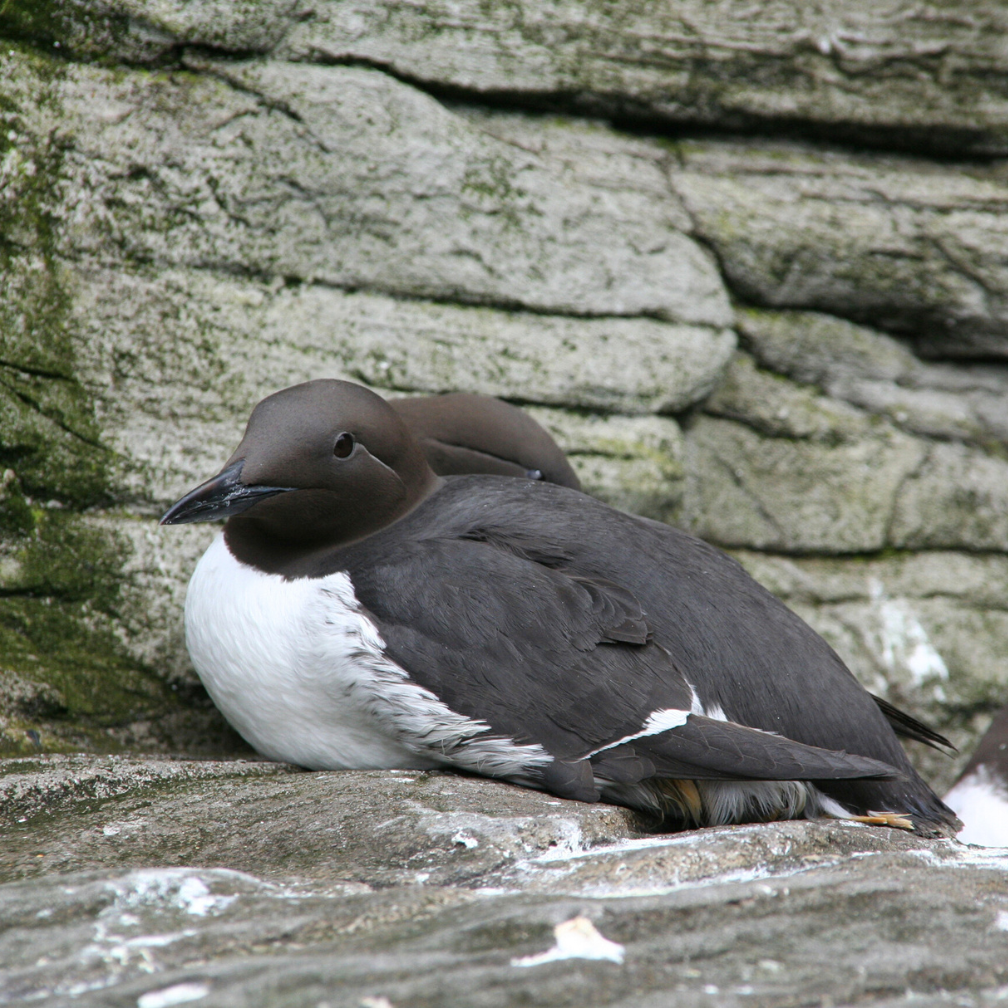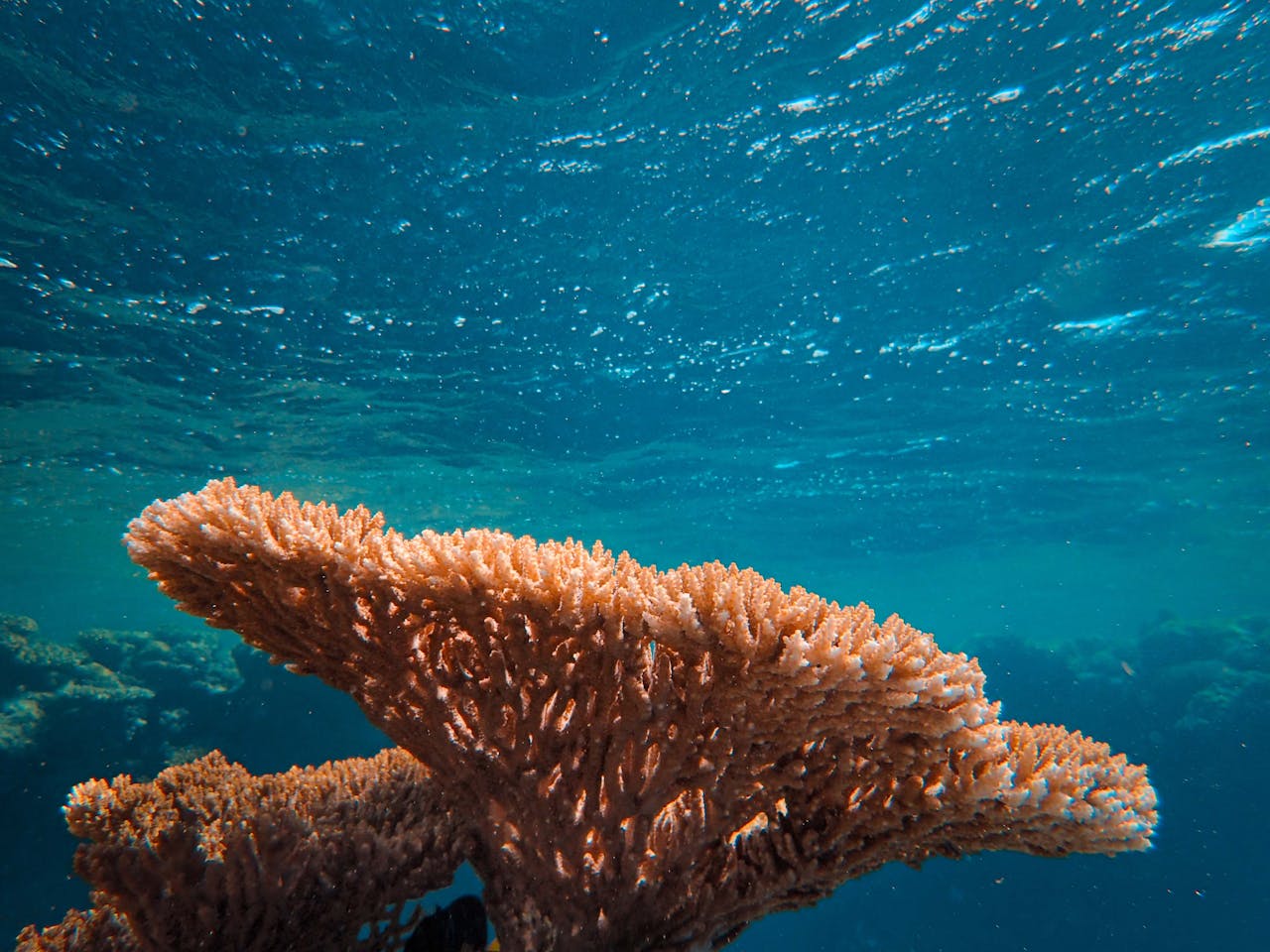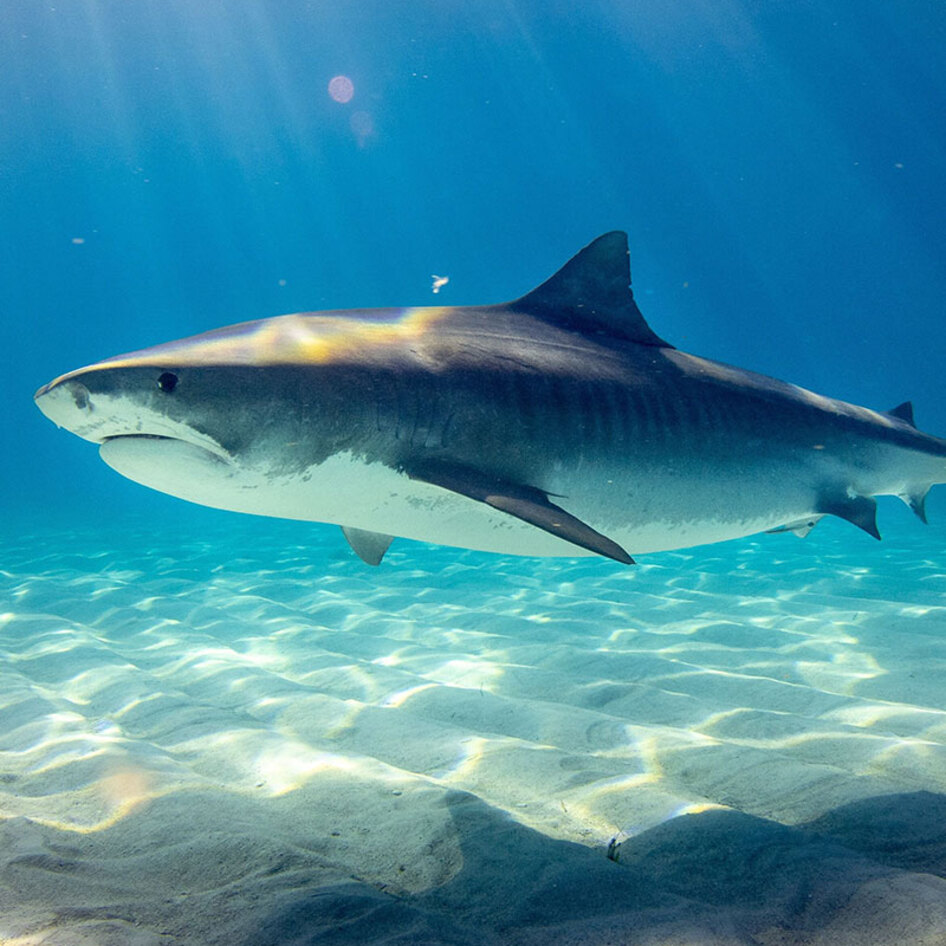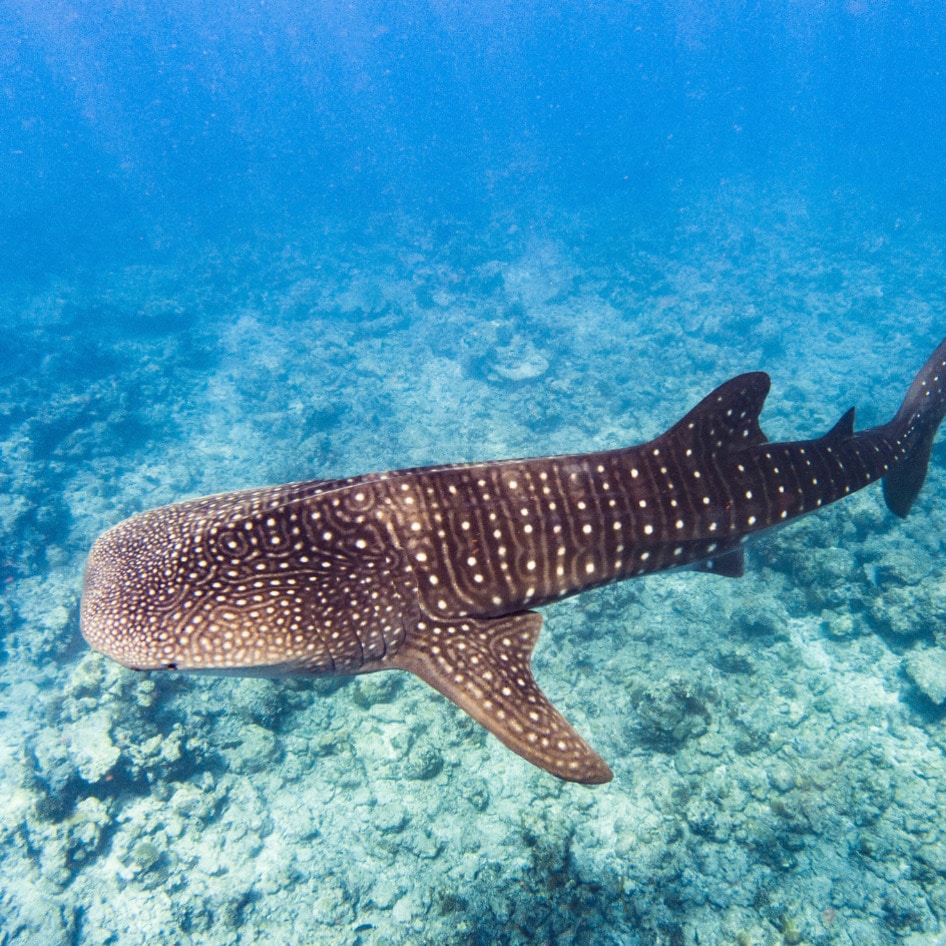New research reveals that more than 3,500 animal species—including fish, birds, arachnids, and mollusks—are threatened by the climate crisis.
The study, published in BioScience and led by Oregon State University’s College of Forestry, examined data on over 70,800 animal species. It found that in six different classes (groups like birds, fish, and mollusks), at least one quarter of the species are threatened by climate change.
Researchers expressed particular concern about ocean invertebrates, which are especially vulnerable as the oceans absorb about 90 percent of global warming, according to NASA.
 Canva
Canva
“[Ocean invertebrate] animals are increasingly vulnerable because of their limited ability to move and promptly evade adverse conditions,” said William Ripple of Oregon State University. Ocean invertebrates, such as corals and mollusks, are mostly sedentary or slow-moving, meaning that if the water gets too hot, it can be difficult—or even impossible—for them to relocate to cooler areas.
“Our analysis is meant to be a preliminary effort toward assessing climate risk to wildlife species. Understanding the risk is crucial for making informed policy decisions. We need a global database on mass mortality events due to climate change for animal species in all ecosystems, and an acceleration in assessing currently ignored species,” Ripple continued
This is a major problem for several reasons. Coral reefs provide habitats for thousands of marine species, supporting rich biodiversity. Additionally, they serve as vital coastal defenses by slowing down waves and protecting shorelines from erosion and storm damage.
But it’s not just ocean invertebrates at risk. Ripple noted that during the 2015 to 2016 marine heat wave off the west coast of North America, Pacific cod populations declined by 71 percent, around 4 million common murres starved due to altered food webs, and the event likely contributed to the deaths of approximately 7,000 humpback whales.
“We’re at the start of an existential crisis for the earth’s wild animals,” said Ripple. “Up till now, the primary cause of biodiversity loss has been the twin threats of overexploitation and habitat alteration, but as climate change intensifies, we expect it to become a third major threat to the earth’s animals.”
 Pexels
Pexels
The role that diet plays in ocean warming
The last decade has seen the oceans warm to their highest levels since at least the early 1800s, according to NASA. Last year was the hottest year on record for the world’s oceans.
Several industries contribute significantly to this warming, including fossil fuels, shipping, and energy production—all of which emit large amounts of greenhouse gases. Animal agriculture also plays a notable role, as it contributes substantially to greenhouse gas emissions through methane release, deforestation for pasture and feed crops, and other land-use changes. In fact, animal agriculture is responsible for around 14.5 percent of global emissions. For context, aviation is responsible for around 2.5 percent.
BECOME A VEGNEWS VIP: Get exclusive product deals, freebies, and perks galore!
Consequently, the way we eat can influence climate change and, by extension, ocean warming.
Switching to plant-based diets could help protect our environment—and ocean life—in meaningful ways. A 2023 analysis from the University of Oxford, which studied data from 38,000 farms across 119 countries, found that vegan diets result in 75 percent fewer emissions than meat-based diets where meat is consumed daily.
Another study, published in 2024, suggested that adopting a plant-based, flexitarian style diet could help decrease the risk of global warming by 50 percent.
“Our dietary choices have a big impact on the planet,” said Pete Scarborough, Professor of Population Health and leader of the Oxford University study. “Cutting down the amount of meat and dairy in your diet can make a big difference to your dietary footprint.”
The Oregon State study makes it clear: climate change is putting thousands of animal species at serious risk. One way we can actually make a difference? Rethinking what’s on our plates.
Cutting back on animal products can help reduce greenhouse gas emissions, slow down ocean warming, and help to give fragile marine ecosystems—and all the creatures that call them home—a fighting chance.
For more plant-based stories like this, read:
JUMP TO ... Latest News | Recipes | Guides | Health | Subscribe









